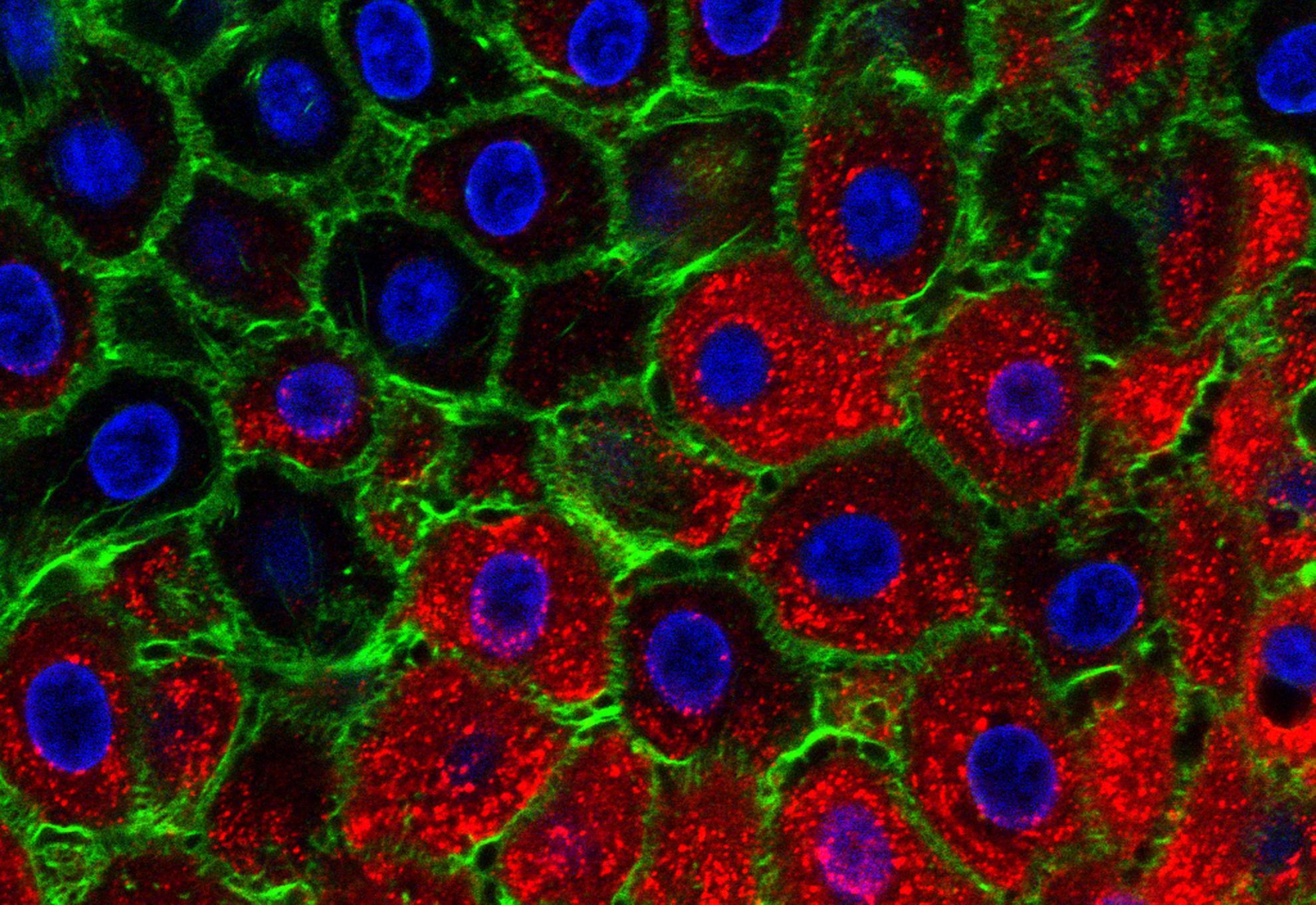A review of OIE country status recovery using vaccinate-to-live versus vaccinate-to-die foot-and-mouth disease response policies ii: waiting periods after emergency vaccination in FMD free countries
For countries with OIE status, FMD free country where vaccination is not practised, vaccinate-to-live policies have a significant economic disincentive as the trade restriction waiting period is double that of vaccinate-to-die policies. The disposal of healthy vaccinated animals strictly for the purpose of regaining markets with debatable scientific justification is a global concern. The feasibility of aligning the waiting periods to facilitate vaccinate-to-live is explored. The first article of this two-part review (Barnett et al., 2015) explored the qualities of higher potency Foot-and-Mouth Disease (FMD) vaccines, performance of differentiating infected from vaccinated animals (DIVA) diagnostic assays particularly in vaccinates and carriers, as well as aspects of current limitations of post-outbreak surveillance. Here, the history behind the OIE waiting periods for FMD free status is reviewed as well as whether the risk of vaccinated animals and their subsequent products differ appreciably at 3 versus 6 months. It is concluded that alignment is feasible for vaccinate-to-live using higher potency FMD vaccines within the current OIE waiting period framework of 3 and 6 months blocks of time. These waiting periods reflect precedence, historical practicalities and considered expert opinion rather than a specific scientific rationale. The future lies in updated epidemiological and diagnostic technology to establish an acceptable level of statistical certainty for surveillance or target probability of freedom of FMDV (infection or circulation) not time restricted waiting periods. The OIE Terrestrial Code limits trade from a FMD free country where vaccination is not practiced to animal products and live non-vaccinated animals. The risk of FMDV in products derived from higher potency vaccinated animals is appreciably less than for countries with infected FMD status or even from a FMD free country where vaccination is practised for which the Code has Articles with guidelines for safe trade with time restrictions of 3 months or less. All these presume that key requirements in the implementation of emergency vaccination including appropriate vaccine match, vaccine application, susceptible population coverage, etc. are addressed.
Back to publications
